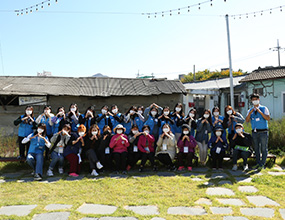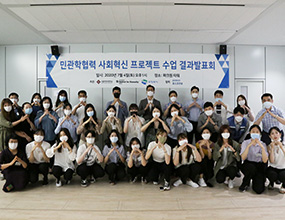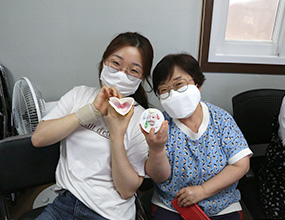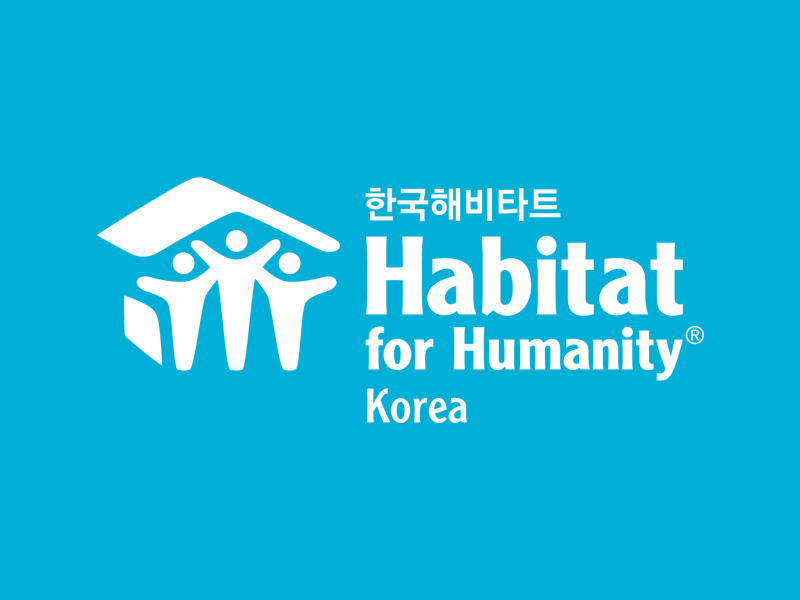Urban regeneration
Habitat Korea offers better living conditions through urban regeneration.
Urban regeneration allows steady supply of housing in
slum area at a affordable price, achieving sustainable housing welfare.
builds social housing and community facilities in major urban centres.
- Civil-Public Housing
Improvement
Cooperative
(새뜰마을) -
Achieving balanced economic development and job creation
Habitat Korea repairs homes in deteriorating areas to improve the public perception and the bond between community members, leading to community development and a higher living standard.
* The role of civil partners: Donation of material and labour (monetary or material donation, volunteering, etc.)
* The role of organisation partners: Oversight, planning, the target village selection, etc.
* The role of Habitat Korea: project coordination and project management 

- Urban regeneration
via empty houses -
Offering affordable home and preventing slumisation
Habitat Korea repairs empty houses to rent out to the low-income families and to prevent slumisation within Seoul.


- Urban regeneration
New Deal project -
As a part of national project to achieve balanced development, Habitat Korea improves deteriorating areas to make them more financially sustainable and self-reliant. Depending on local needs and their capability, Habitat Korea, in cooperation with the government, offers public facilities, youth housing, community centres, and others.


- Civil-Public-Academic
cooperative local
community innovation
project -
A civil-public-academic led project to obtain sustainable governance and more active community
Habitat Korea is working with universities, local governments, and corporations organically to pool resources together to address issues residing in the area.
In 2020, Habitat Korea, the city of Uijeongbu, Seoul Women’s University, POSCO E&C: Uijeungbu Shinheung village
In 2021, Habitat Korea, the city of Jeonju, Seoul Women’s University, Jeonbuk University, POSCO E&C: Jeonju Dotorigol Village 



